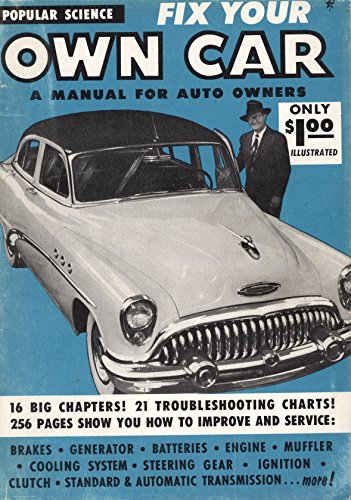For many car owners, the decision to undertake repairs is often tangled with the implications of insurance coverage. Enabling the possibility of repairing one’s vehicle with insurance money brings about a myriad of inquiries: Can I fix my own car using insurance funds? How does this process actually work, and what potential pitfalls should I be aware of? These questions draw not only from legal curiosities but from a fundamental desire to take control over one’s property and the often esoteric world of vehicle repairs.
At the heart of this conversation is the idea of autonomy versus convention. The modern car owner is frequently presented with a dichotomy: Should they embrace the inherent comforts of professional repair services or delve into the realm of DIY projects? The allure of self-repair can be found in the empowerment it provides. For many, fixing one’s own car is akin to reclaiming agency, often reflecting a deeper societal attraction to the hands-on ethos. This fascination encompasses themes of ingenuity, resourcefulness, and a yearning for self-sufficiency.
To understand how insurance fits into the picture, it’s essential to first explore how auto insurance policies operate in the event of a claim. Most conventional policies outline conditions under which they will reimburse repairs following an accident or damage. Once a claim is filed and the insurance company assesses the incident, a determination is made regarding the compensation amount. This sum can then be allocated towards repairs. However, what happens when the car owner wishes to perform these repairs themselves? Herein lies the complexity.
Insurance policies typically stipulate whether the repairs must be performed by certified professionals. Some insurance providers may express a preference for using their network of approved vendors, largely due to agreements that assure quality and consistency. However, the opportunity to utilize the funds for personal repairs is not typically off the table—provided that the policy allows for it and certain criteria are met. It’s important to comb through the specific terms outlined in one’s policy, as this can vary significantly from one provider to another.
One of the primary aspects to consider when planning to fix your vehicle is the extensive documentation that may be required. Insurance companies usually necessitate detailed receipts and records of repairs to ensure that the funds are utilized appropriately. For the novice mechanic, this may appear daunting, but it ultimately serves as an essential protective measure against fraud. Failure to adhere to these conditions could inadvertently lead to denied claims or even accusations of misappropriation of funds.
Moreover, the context under which a repair arises carries significant weight. Comprehensive claims arising from accidents may have different stipulations compared to claims for wear and tear damage. In cases of severe accidents, insurance adjusters often assess damage to provide a fair compensation amount. If you were to elect to repair the car yourself, it’s paramount to correlate the repair costs with what the insurance would cover. Self-repairing a severely damaged vehicle without proper knowledge might lead to further issues down the road, potentially leading to greater financial burdens.
It’s not just the monetary aspect that weighs into this equation. There’s also the potential impact on safety and vehicle integrity. Certain repairs, especially those involving structural components, should ideally be handled by trained professionals. By undertaking complex repairs without the requisite expertise, one risks compromising not just the vehicle’s performance, but also the safety of its occupants. Consequently, ensuring that you’re capable of performing repairs competently is just as essential as having access to the funds.
For many, the opportunity to repair their vehicle themselves reflects a larger societal movement towards sustainability and conservation. In an age where resources are dwindling, and wastefulness is widely criticized, the ability to fix one’s own property is becoming increasingly attractive. Furthermore, the rise of online tutorials and community forums provides vast resources. Car enthusiasts and everyday drivers alike turn to these platforms to gain insights and acquire knowledge often reserved for seasoned professionals.
However, the DIY approach necessitates a willingness to invest time and effort. The endeavor of fixing your own car can often be a far more time-consuming process than anticipated. Tasks which seem straightforward in theory may take far longer in practice, especially for less experienced individuals. When weighing the time versus money spent, one might ponder if the frustration is worth the savings. Therefore, it is crucial to take an honest inventory of skill level, patience, and the complexity of required repairs.
Eventually, the crux of choosing to repair your car with insurance money hinges on personal inclination and circumstances. Whenever the wheels of one’s vehicle are brought to a halt due to an unexpected incident, an evaluation occurs—not just of the financial impact, but of personal capability and resources. Car repair can serve as a metaphorical journey through which many emerge not only with restored vehicles but also newfound skills and confidence.
In conclusion, the amalgamation of insurance and self-repair presents a unique conundrum replete with nuances that requires thoughtful consideration. Yes, it is feasible to fix your own car with insurance money, but it’s imperative to understand the intricacies involved, assess personal proficiencies, and embrace the potential challenges that may arise. In the end, whether one chooses the path of professional repairs or opts for a DIY adventure, the essence of car ownership remains the same: it’s about ensuring long-lasting independence and satisfaction on the road.
